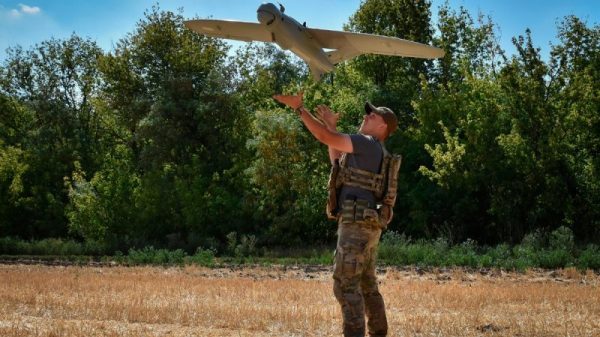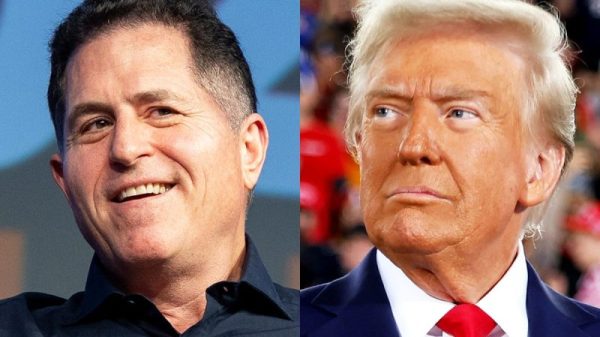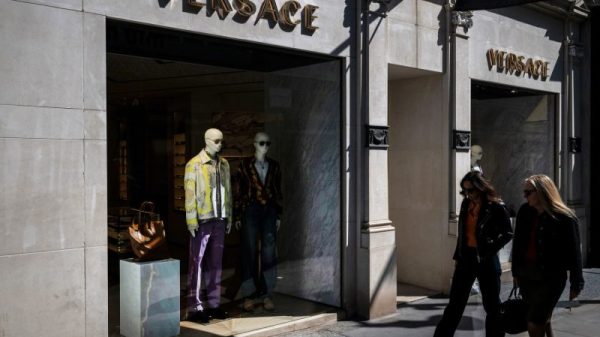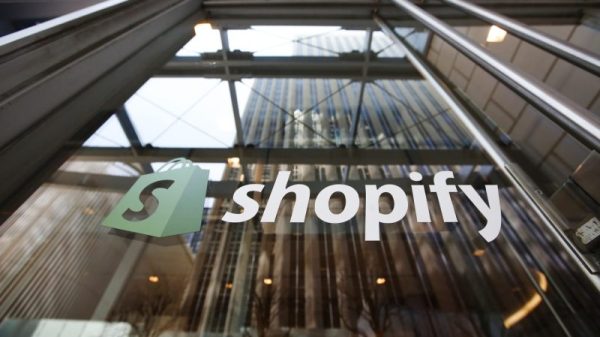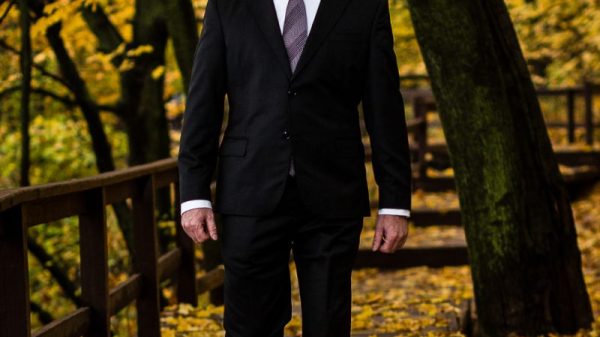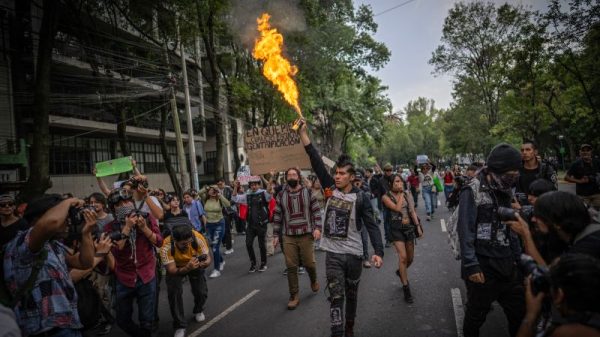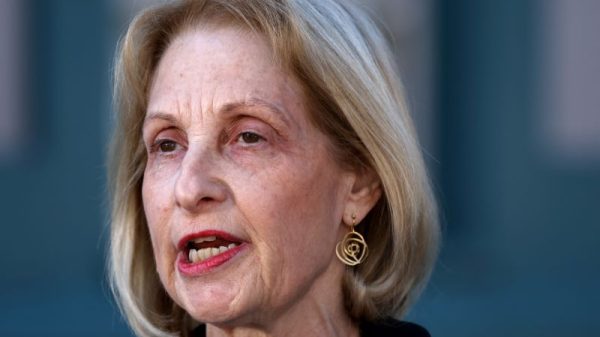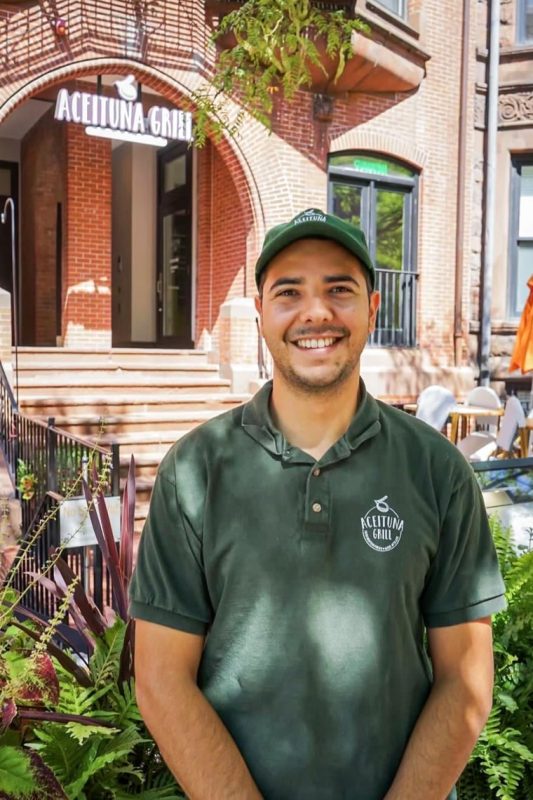More consumers are saving their workday lunch money to burn when they’re off the clock.
The rise of hybrid work has kept many bars’ and restaurants’ lunchtime business from recovering to pre-pandemic levels, according to data the digital payments platform Square released Tuesday.
But while weekday transaction volumes from 11 a.m. to 2 p.m. were down 3.3% last year compared with 2019, card taps jumped 4.2% on weekends and 0.3% during weekday happy hours from 4 p.m. to 6 p.m. The Square data comes as foot traffic rebounds in major U.S. cities’ downtowns far faster on evenings and weekends than during workdays, University of Toronto researchers have found.
These signs point to a new normal for Americans’ post-pandemic leisure spending, which has stayed resilient despite the higher costs of going out. Fast food chains are launching promotions to lure back diners turned off by price hikes, and alcohol brands are pushing canned cocktails as bar and restaurant menu tabs rise faster than grocery bills.
That’s been the largest transformation in the last four or five years — the consumer habits of office workers.
Ara Kharazian, research lead at Square
Nevertheless, many consumers remain determined to splurge after unplugging from work.
“That’s been the largest transformation in the last four or five years — the consumer habits of office workers,” said Ara Kharazian, research lead at Square, which provides electronic payment systems used by many bars, restaurants and stores. “But that money has gone somewhere else: We’re seeing consumers instead spend money on the weekends.”
Brunch has driven a chunk of the weekend increase, Kharazian said. In 2023, 1.88% of the food and drink transactions Square processed took place between 11 a.m. and noon on Saturdays, up from 1.60% in 2019. Because the company analyzed transaction volumes rather than dollar amounts, its data reflects foot traffic rather than inflation-sensitive spending.
Still, some of the change may have to do with consumers going where the deals are, said Sara Senatore, a senior restaurant analyst at Bank of America.
“Brunch is a much more accessible price point than dinner, because people still want to go out to eat,” she said. “They still want the experience, they still want to congregate with their friends and family.”
AJ Kurban, CEO of Aceituna Grill.Courtesy CJPR
Nowhere was the shift toward evening and weekend spending starker than in Boston, one of 23 major cities Square analyzed. There, a 10.1% decline in weekday lunch transactions was more than offset by 10.3% and 1.6% increases in weekend and happy hour transactions, respectively.
Aceituna Grill, a fast-casual Mediterranean restaurant in Boston, has seen lunch crowds shrink at the three locations it has operated since before the pandemic, especially those near offices for Bank of America and PwC, according to CEO AJ Kurban.
“We used to have a line out the door every single day. Now we’re lucky to get a line out the door two to three days a week,” said Kurban. Sales at the three restaurants last year were down by at least 20% from 2019.
Aceituna, which accepts digital payments on Toast but not Square, has been trying to chase weekend crowds to offset the decline. It opened a fourth restaurant in the tourist-heavy Back Bay shopping district about a year ago and began keeping its Seaport location open on Sundays as of this month.
The latter move was partly to comply with updated lease terms, and while Kurban said it’s too early to tell how it’ll pay off, he’s “expecting a positive impact.” At the Back Bay outpost, he added, “definitely weekends and nights are a lot busier there than any of our other locations.”
With more consumers opting for homemade lunches over $16 takeout salads, “restaurants are constantly trying to come up with things to entice more people on the weekend,” said Soojin Lee, a professor at Cornell University’s Nolan School of Hotel Administration who focuses on restaurant and kitchen management. Young consumers eager to socialize are a prime target for bars and restaurants as they look to draw evening and weekend crowds, she said.
Some establishments are doing better than others as consumer habits evolve. Fast-casual brands like Sweetgreen and Chipotle have seen stronger business this year than much of the restaurant industry. While diners on tight budgets have shied away from higher prices at fast-food chains, those with more to spend on eating out aren’t holding back.
Definitely weekends and nights are a lot busier.
AJ Kurban, CEO of Aceituna Grill
“Their spend seems to be positive based on what the restaurants are saying. They’re actually seeing traffic growth in those cohorts,” Senatore said of more affluent customers, “whereas the lower-income consumers, you’re starting to see traffic decline.”
Only one major market bucked the trend Square identified: In heavily residential Brooklyn — less known for its lunch rush than office-packed Manhattan — midday spending was down by a modest 0.3%, but weekend transactions were still 0.5% shy of the borough’s pre-pandemic level, too. And unlike in most other cities, happy hours were down slightly in both Brooklyn and Manhattan.
Kharazian noted the changes were small, though, and attributed the New York anomalies partly to the rhythms of the city that never sleeps, “where people go out at all hours in a way that happy hour doesn’t necessarily have that importance.”
Not everyone is splashing out on nights and weekends, though.
“I’m definitely spending money on work lunches a lot more,” said Nicholas Louie, 25, an advertising associate for a marketing agency who lives and works in Manhattan, where Square found lunch transactions were down 3.3% since before Covid.
He estimates spending $15-$20 a day on lunch — a bit more than in years past, though his costs vary depending on whether he’s home or in the office, which he works from twice a week.
“I don’t really prioritize drinking during the weekdays,” Louie said, and his weekend leisure spending “is quite inconsistent.”
But his employer’s amenities also help keep his bar tab low.
“I have free alc in the office,” he added.





